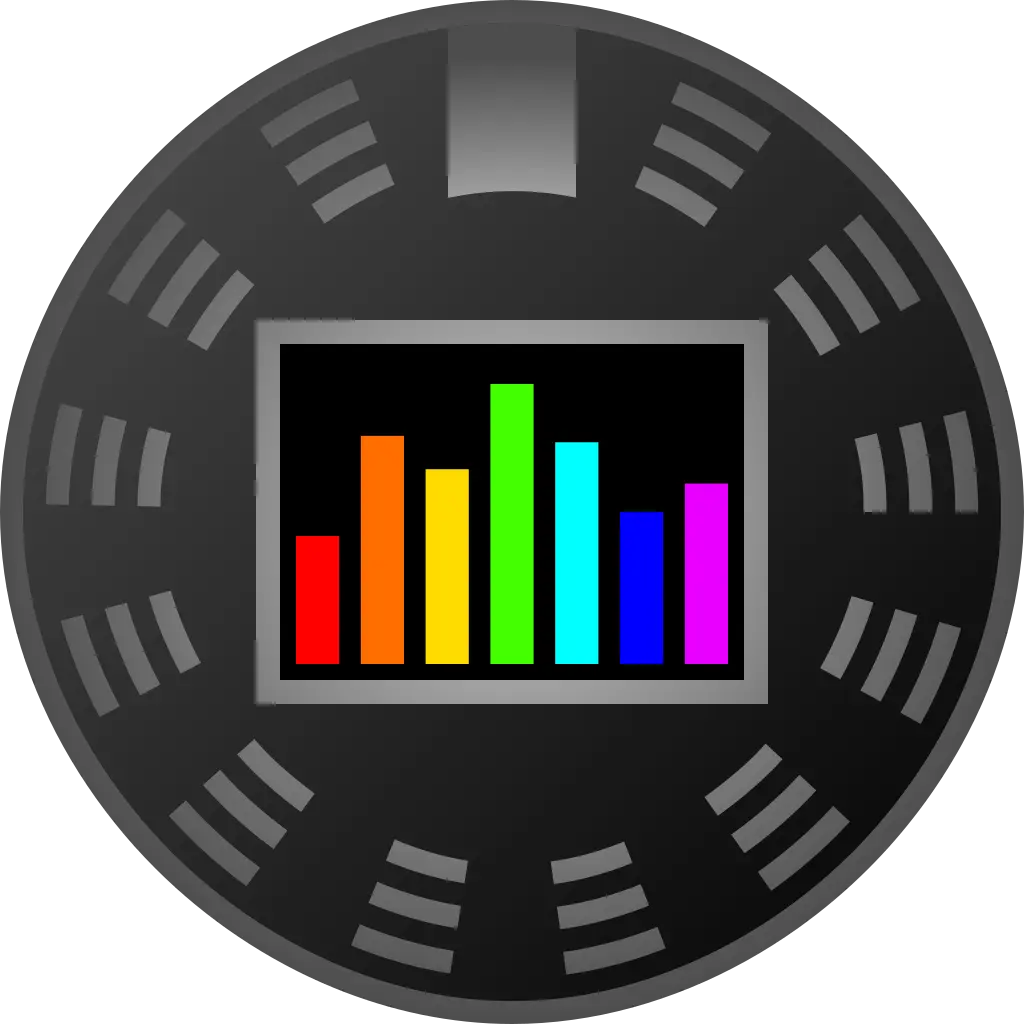I tried running Bazzite for a few months, but just kept running into one weird issue after another. Went to Endeavor and they all went away overnight.
I’m technical enough that I can configure Arch from scratch, but simply can’t be bothered. I just need my computer to work. Every day.
I felt like when I was working with Arch, and I’m sure it’s operator error, it was like maintaining a starship with a dozen systems that could individually go wrong and I was responsible for all of them. Endeavor was fully setup with no weirdness in less than 30 minutes.
















Someone could write a book…
The Joys of Distro-Hopping